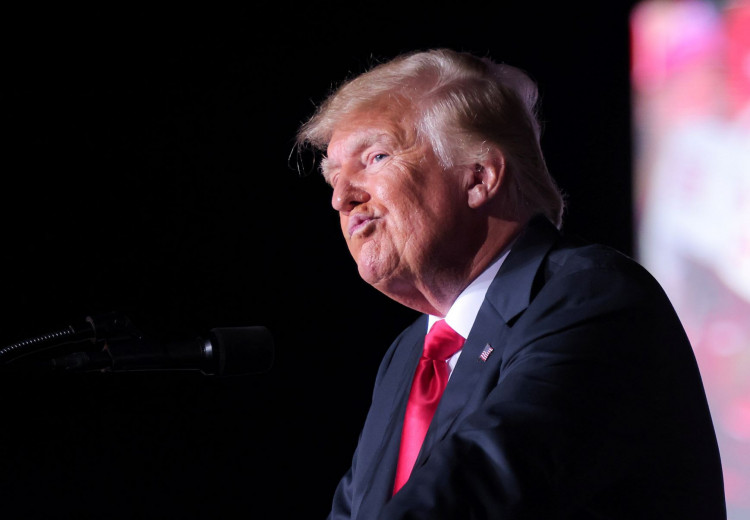President Donald Trump, in a bold and polarizing move on his first day back in office, issued pardons or commuted sentences for more than 1,500 individuals charged or convicted in connection with the January 6, 2021, Capitol riot. The sweeping clemency, announced just hours after his inauguration, included individuals convicted of violent attacks on law enforcement and leaders of far-right extremist groups, effectively dismantling years of prosecutorial work aimed at holding rioters accountable.
The move represents one of the most extensive uses of presidential clemency powers in U.S. history. Trump, framing the decision as a step toward "national reconciliation," referred to the defendants as "patriots" and "hostages," and denounced their prosecutions as part of a politically motivated "grave national injustice." His action also halted 450 pending cases, marking a dramatic shift in the federal government's approach to the Capitol attack.
Among the most high-profile figures granted clemency were Enrique Tarrio, the former Proud Boys leader sentenced to 22 years for seditious conspiracy, and Stewart Rhodes, the founder of the Oath Keepers, who was serving an 18-year sentence. Trump had long suggested he might offer clemency to some of the January 6 defendants, but the breadth and immediacy of the pardons surprised both supporters and critics.
The clemency drew outrage from Democrats and law enforcement officials, who accused the president of undermining the justice system. Former House Speaker Nancy Pelosi called the move "an outrageous insult to our justice system and the heroes who suffered physical and emotional trauma as they protected the Capitol." Senate Majority Leader Chuck Schumer said in a statement that Trump was ushering in "a Golden Age for those who break the law and attempt to overthrow the government."
The events of January 6 resulted in over 1,200 convictions, with more than 700 individuals receiving prison sentences. Many of the defendants were charged with violent assaults on police officers, trespassing, and other crimes documented through extensive video evidence. The attack left more than 140 police officers injured and inflicted millions of dollars in damages to the Capitol. Trump's decision to pardon these individuals was seen by critics as an affront to the rule of law and a betrayal of law enforcement.
Trump defended his actions, stating that many of those convicted had already spent considerable time in prison and that their sentences were disproportionate compared to other crimes. "These people have been destroyed," he said, describing their treatment as "outrageous" and calling their convictions politically motivated.
Supporters of the pardons gathered outside the Washington jail, where several January 6 defendants were held, to celebrate the news. Attorneys for the pardoned individuals expressed gratitude, with James Lee Bright, who represented Stewart Rhodes, praising Trump for taking what he called a "courageous step toward justice."
The decision also sparked divisions within Trump's own administration. Vice President J.D. Vance had previously stated that those responsible for violence during the Capitol riot should not be pardoned, creating a stark contrast with Trump's broad clemency. Trump's sweeping action went beyond the expectations of even his most ardent supporters, who had anticipated a more selective approach.
The pardons also highlight Trump's continued effort to rewrite the narrative of the Capitol attack. Throughout his campaign, he referred to January 6 defendants as victims of a biased justice system, a message that resonated with his base but alienated others. The move underscores Trump's broader strategy to consolidate his political power by portraying himself as a champion of those he believes have been wronged by the government.
The political fallout from the decision is likely to reverberate in the months ahead. For Democrats, the pardons represent a dangerous precedent that could embolden future acts of domestic extremism. For Trump's supporters, the move is seen as a bold fulfillment of his campaign promises and a rejection of what they view as a weaponized Justice Department.






